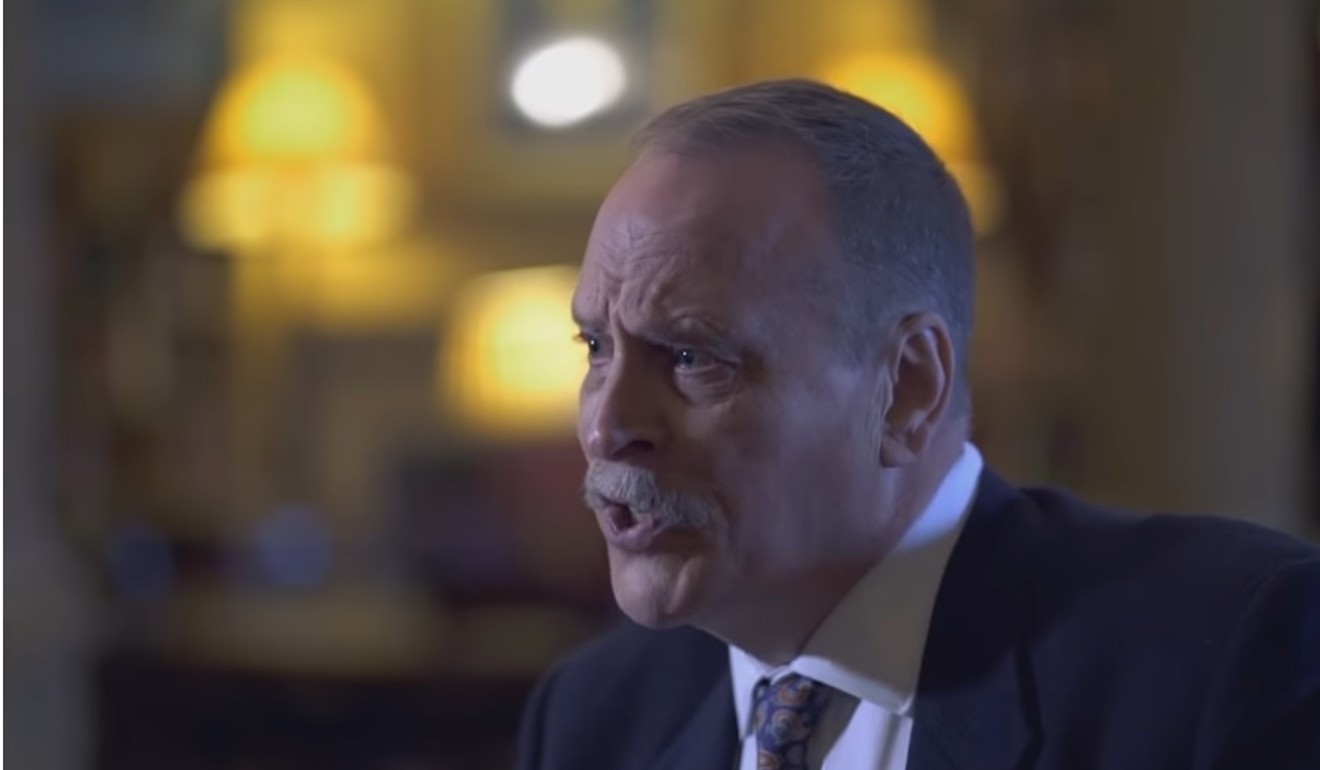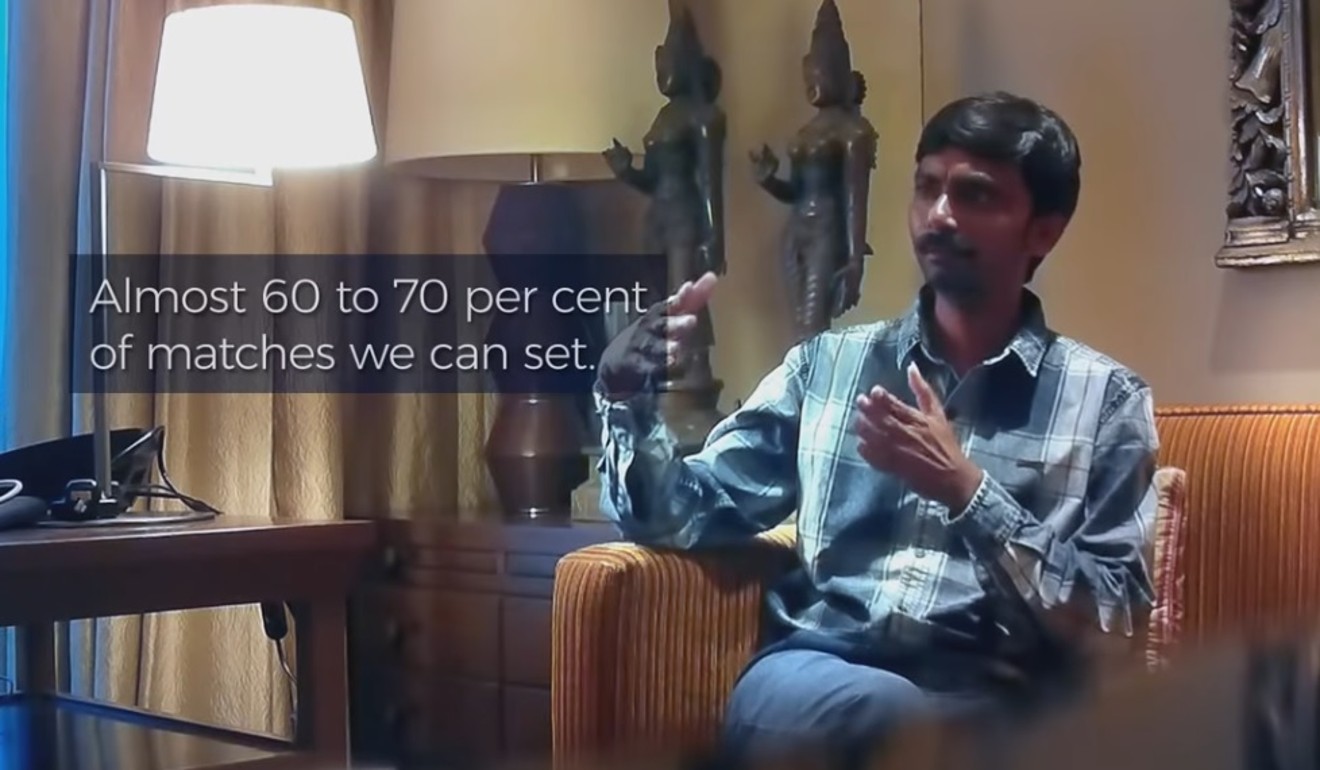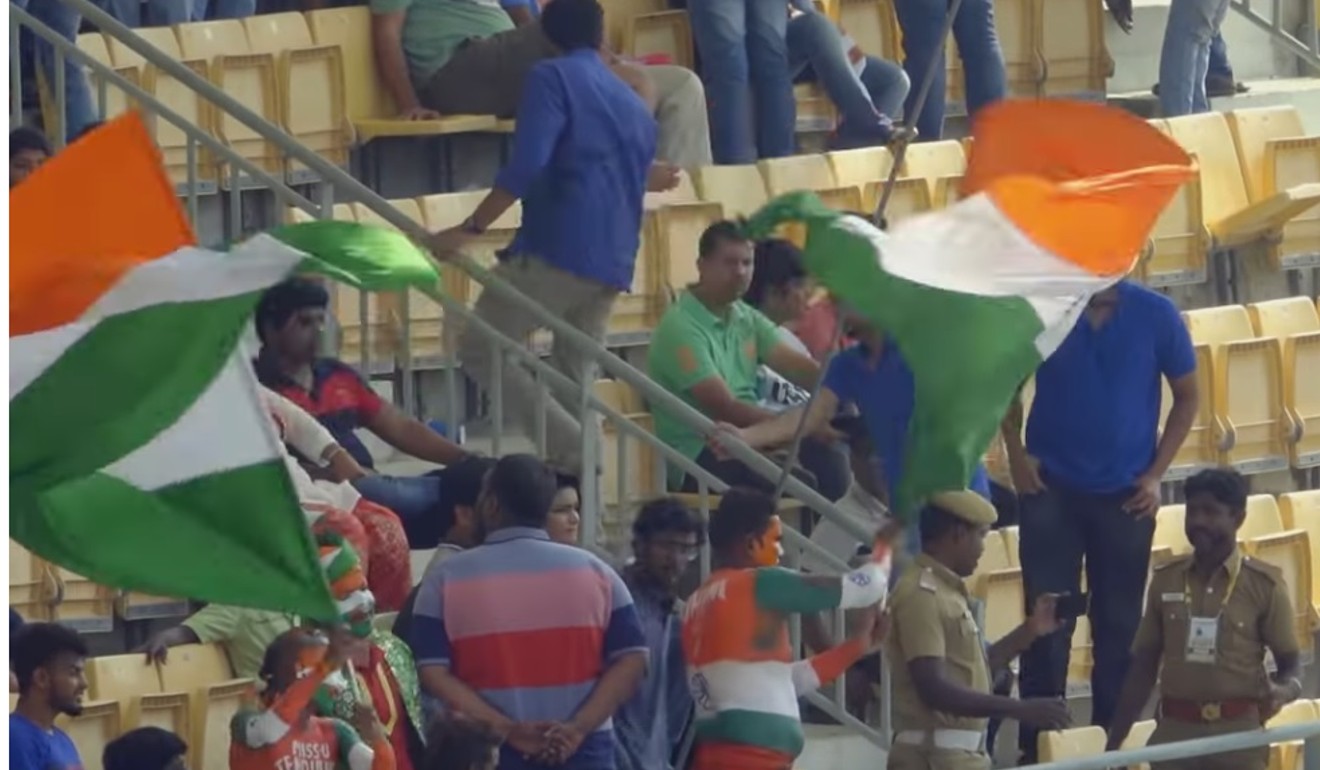
Corruption in cricket: Hong Kong done, ICC must now pursue England and Australia allegations
Almost five months since a shocking documentary on match-fixing at the elite level, the governing body has only Hong Kong to show for its efforts
In May this year, Al Jazeera broadcast a shocking documentary in which its undercover reporter dived headfirst into the putrid, fermenting sewage that is international cricket match-fixing.
Posing as a British businessmen working on behalf of wealthy investors that wanted to bet on fixed matches and earn millions, the reporter had unearthed what Al Jazeera claimed were the names and faces of “fixers”, details of which matches were supposed to be manipulated and the identities of players who the “fixers” claimed were puppets for whom they pulled the strings.
Watch: Cricket’s Match Fixers – Al Jazeera Investigations
The documentary shows the main “fixer”, in separate scenes, saying a handful of England and Australia players are part of the scheme to cheat fans and feed the gambling syndicates, although their names were hidden by the broadcaster.
Both matches involved India as the hosts but at no point did any of the “fixers” in the documentary talk about Indian players being part of the scam.
The three English players, through their lawyers, “categorically denied the allegations”, saying the comments were made by a known criminal, while the Australian players did not respond to Al Jazeera’s inquiries. In late August, Cricket Australia cleared the players after its own probe and demanded Al Jazeera front up with its evidence.
Two former sports corruption investigators interviewed in the documentary, Chris Eaton and Ed Hawkins, said the information provided by Al Jazeera needed immediate investigation.
“[It is] certainly worthy of serious and transparent investigation by the ICC,” Eaton said, of the test match between India and Australia in March 2017 in Ranchi.

Hawkins said: “There absolutely must be an investigation.We are talking about test matches involving India and England and India and Australia. We’ve got significant on-camera admissions by match-fixers giving pre-game information about what is going to happen and then that occurring in the game.”
So, given the International Cricket Council’s (ICC) strong anti-corruption stance and its determination to delve into the decaying depths of the cricket underworld to halt the disease of match-fixing, one would expect the world governing body to have jumped out of its bed in panic at the Al Jazeera documentary and then sent out an urgent message to its Anti-Corruption Unit (ACU) to follow up these claims.
It most likely did. Especially given that one of the matches to be fixed is yet to be played – November’s test between Sri Lanka and England in Galle, where the pitch is supposed to be favouring the bowlers so that the match would not last five days.

In fact, according to the ICC’s own media release list, it is the only anti-corruption case that has resulted in charges since the Al Jazeera documentary.
No England, no Australia, no major international cricket betting syndicate taken down ... just three Hong Kong players – one of whom had already served a 30-month suspension for not reporting requests to fix matches – suspended for suspect behaviour in matches against Scotland, Canada, Zimbabwe and T20 World Cup qualifiers and finals.

If Hong Kong players are found guilty of cheating, they deserve their punishment. But is that all the ICC has to show? And why pick on Hong Kong when there are bigger fish to fry, given that the main “fixer” said “60 to 70 per cent of [international] matches we can set [fix]”? Is the Hong Kong action something to do with the fact that Al Jazeera is expected to broadcast part two of its documentary before the end of October?
One source who has knowledge of a deep undercover operation (not by the ICC) to expose match-fixing at the highest level, says the Hong Kong charges are a red herring.
“The ICC wants to show they are doing something after the Al Jazeera documentary and before the next one comes out so they are picking on Hong Kong,” said the source, who does not want to be named because of the sensitive nature of the investigation.
“There are big, big names involved. And they will be exposed. ICC will be embarrassed. We will see what comes out with part two of the documentary.”

The ICC’s last public statement on Al Jazeera’s findings was on August 28, when it made an appeal for information on someone named “Aneel Munawar”, the central figure in the documentary who said they had “connections in the ICC who can manage things”.
The body said it had sought help from an independent betting company to analyse the test matches that were said to be fixed – India vs England in Chennai starting on December 16, 2016, and India vs Australia in Ranchi starting on March 16, 2017.
The ICC said it would release more details once the investigation is complete. In the meantime, it is able to finish its in-depth probe into the behaviour of three Hong Kong players from several years ago. We expect the efficiency by which it investigated the Hong Kong trio will be equally as effective in its efforts to dismantle what is clearly a more dangerous threat to international cricket.

